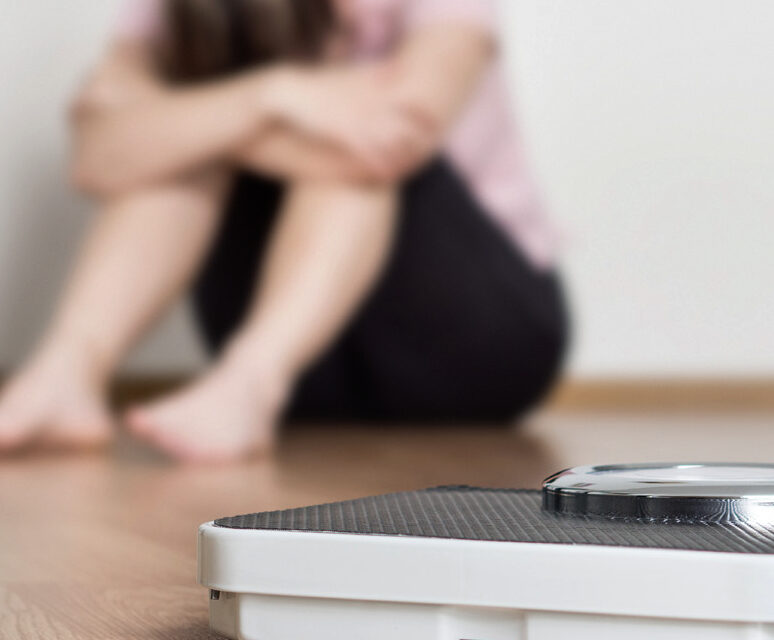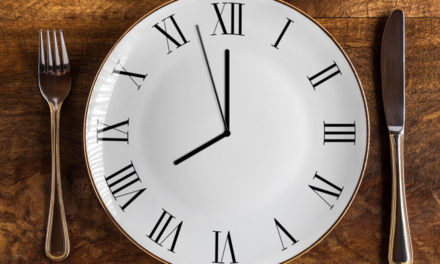How would you describe your relationship with food? Our culture is obsessed with weight, diet, and exercise. It’s estimated that 35% of dieters will progress to disordered eating. From there, 30%–45% of those dieters will progress to a full eating disorder. Relationships with food are best described on a spectrum…
Normal eating is peaceful and positive. Food and exercise decisions are based solely on one’s intuition with little to no feelings of guilt or forcefulness. Since there is no perfect way of eating, this could look like three meals a day, snacking throughout the day, or a little bit of both. Normal eating doesn’t necessarily come naturally, it takes time and patience to learn how to eat intuitively.
Dieting
Dieting, which is normalized and even praised in today’s world, comes with several side effects. Studies show that chronic dieting increases anxiety, depression, and the risk of binge eating. It often evokes a sense of failure, all the while lowering metabolism. It’s important to note that dieting isn’t just following a formal diet, such as keto or paleo. Dieting is following any rule that limits or restricts the time, type, or amount of food you eat. For example, dieting may look like spending years avoiding certain foods for hopes of weight loss yet never following a “true” diet.
The difference between dieting and disordered eating is fairly gray…many disordered eating behaviors are no different than the prescribed rules of dieting. The degree of interference with daily life and amount of suffering that one experiences differentiate between dieting and disordered eating.
Common Signs and Behaviors of Disordered Eating
The severity, intensity, and frequency of food or exercise behaviors ultimately determine whether disordered eating meets diagnostic criteria of an eating disorder. Common signs and behaviors of disordered eating include (but are not limited to):
- Greater than 50% of your thoughts center around food, exercise, or body
- Feeling out of control with food
- Using exercise to earn or compensate for food
- Lack of flexibility or spontaneity with food choices
- Sneaking food or eating secretively
- Obsessive food label reading or food logging
- Eating even though you’re no longer hungry, until sick or painfully full
- Eating only until you’re no longer hungry, stopping prematurely (before you’re actually satisfied)
- Feelings of guilt or shame around food
Diagnosing an eating disorder can include discussions with a medical provider trained in eating disorders, laboratory tests, and/or a physical exam. Barriers to receiving a diagnosis or treatment include: stigma or misconceptions, access to care, or believing one isn’t sick enough to receive treatment.
Common Myths about Eating Disorders
“I’m not thin. I can’t have an eating disorder.”
Less than 6% of individuals with an eating disorder are underweight. Weight or laboratory values cannot and do not fully reflect the suffering an eating disorder causes.
“Eating disorders only affect women.”
Ten million American men struggle with an eating disorder. In a poll of adolescent males, 33% used disordered eating behaviors to change their weight.
“Eating disorders affect mostly white people.”
People of color are less likely to be asked about their relationship with food or be assessed for an eating disorder by medical professionals. That’s why a BIPOC is 50% less likely to receive a diagnosis and treatment.
“Eating disorders are a choice.”
There is no one reason a person develops an eating disorder. Genetics, biology, psychology, history of trauma, dieting, and a person’s environment can all play a role in the development of an eating disorder. It is never someone’s choice.
Getting the Help You Deserve
Eating disorders are serious. One of the biggest barriers to receiving treatment is the denial of the severity of the eating disorder, believing that “I’m fine” or “I’m not sick enough.” The normalization of disordered eating behaviors due to diet culture perpetuates this mentality. Living with an eating disorder is exhausting, all-consuming, and very difficult. It prevents someone from living a whole and full life. If you believe that you may have an eating disorder or a rocky relationship with food, these following resources may be helpful:
- NationalEatingDisorders.org
- EatingDisorderHope.com
- Sick Enough by Dr. Gaudiani
- 8 Keys to Eating Disorder Recovery by Carolyn Coston and Gwenn Schubert Grabb
If you need to talk to someone, the Registered Dietitians at Memphis Nutrition Group have extensive training and experience in eating issues across the spectrum of dieting to eating disorders. We can offer referrals to local therapists and physicians, create a treatment plan, and provide a compassionate and understanding space to meet you where you are at in finding recovery. You don’t have to live this way. There’s hope for food freedom wherever you fall on the spectrum.
Caroline Shermer, MS, RDN, LDN is a nutrition therapist and Registered Dietitian at Memphis Nutrition Group. Memphis Nutrition Group believes in a non-diet approach that promotes overall health and optimal performance without compromising the enjoyment of food. For more information call Memphis Nutrition Group at 901.343.6146 or visit MemphisNutritionGroup.com.







